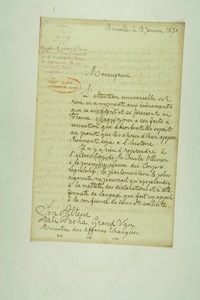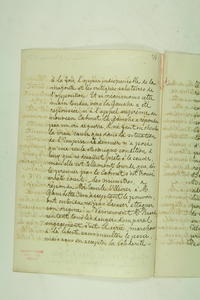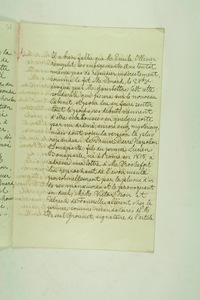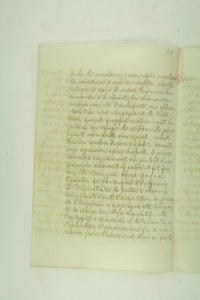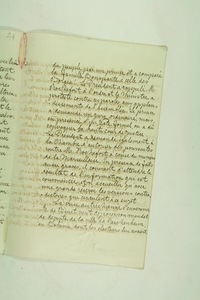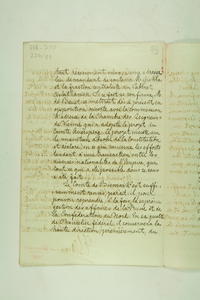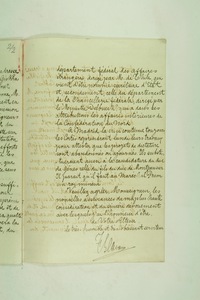Ottoman Diplomats
Letters from the Imperial Legation in Brussels (1849–1914)
Synopsis
Evènements graves en France. Le Prince Pierre Bonaparte et M. Rochefort. Crise Autrichienne. M. de Bismarck. Crise Espagnolle
Glavany states that there was nothing wrong with Emile Ollivier’s speech at the first new session of the French Legislative Corps. However, the hand Ollivier extended to the left had been pushed away. Glavany does not see this as a consequence of something Ollivier said, but as a result of the situation of the Empire. Its own solidarity seemed to weigh on the new government. Moreover, there was the incident with Prince Pierre Napoléon Bonaparte, son of Prince Lucien Bonaparte. Prince Pierre Napoléon had sent a letter to Mr. Rochefort in which he accused one of Rochefort’s employees, journalist Paschal Grousset, of having insulted him in one of his articles in the newspaper La Marseillaise. To settle the situation, the Prince wanted a duel. Grousset sent Victor Noir and Ulrich de Fonvielle as his delegates to the Prince, to set the terms for the duel. The discussion became violent. The Prince took his revolver and killed Victor Noir. The Ministry of Justice demanded the Prince’s arrest, which was approved by the Emperor Napoleon III. Glavany describes the Legislative Corps debate in which this was discussed. He did not know how this situation would turn out yet, as there was many contradictory news on the subject. In Austria, the crisis worsened and Friedrich Ferdinand von Beust wanted to resign as the deputy of Reichenheim in Bohemia, of which the electorate had asked him to support Carl Giskra and the centralist fraction of the Cisleithanian government. Glavany explains the impact this decision would have. Bismarck seemed ready to take up his previous tasks as Federal Chancellor. Glavany described the power Bismarck would have. In Madrid, the crisis continued. The Duke of Genoa had been replaced by the son of Prince Phillipe d’Orléans (the Duke of Montpensier) as a candidate for the throne.
Facsimiles
How to cite
If you use this website for your own research, we kindly ask you to mention the following reference in your publications:
Consulted online at Ottoman Diplomats: Letters From the Imperial Legation in Brussels (1849–1914) (2014 Edition), Centre for Political History (PoHis), University of Antwerp, <http://dighum.uantwerpen.be/ottomandiplomats/>.
